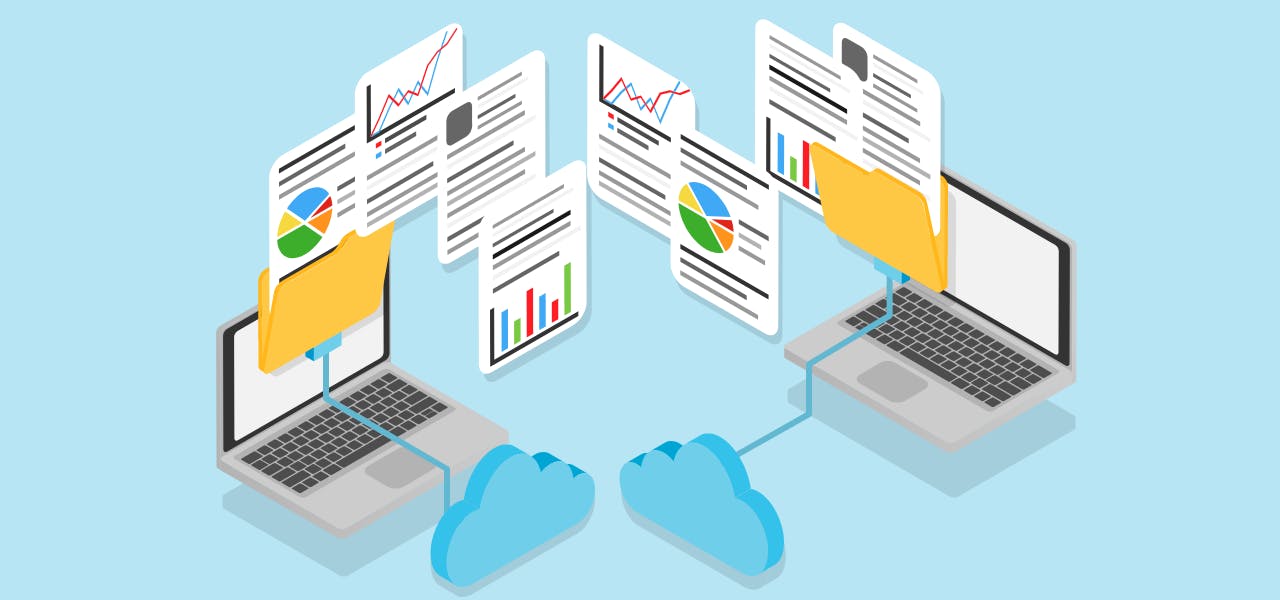Big data, bibliometrics, and altmetrics are all common terms in the world of research today. These are global methods in which data is used for a vast assortment of science and industry, moving companies forward in their marketing plans and guiding researchers as to the exact sectors that require further analysis in order to make an impact on society.
But how this data is collected and then disseminated for use is a matter of major controversy throughout the globe. Data sharing has its roots in areas that are constantly being reviewed for ethical and legal coverage. Some methods of absorbing and sharing data are skeptical at best, illegal at worst, while others are transparently collected and necessary for researchers to determine the maximum outcome in their work. These hindrances must be understood and overcome in order for scholars to continue to be able to access and share data within their scope of practice.
The Importance of Data Collection in Research
Researchers in every field rely on accurate data collection processes to guide them through each step in their work towards an impactful, relevant outcome. Data collection gives scholars the quality ideas, opinions, and facts that help them to drive their work in ways that are beneficial to their target participants.
With these scientific data collection resources, academic experts make informed decisions regarding what needs further studying, which avenues are solidly covered, and which areas in life need more research or have a pain point that needs to be filled.
Analysis of collected data also gives researchers the opportunity to stay abreast with any new trends, catch problems before they become major issues, answer questions that are in need of solutions, and take new theories and insights into deeper knowledge.
Arguments of Shared Data
Data sharing, however, is different than data collection. With data collection, the organization mining and compiling the data willingly gives the information to one source, in this case, a researcher or institution, for a specified reason or use. But with data sharing, scientists give their data to others to be able to use in their research or for means that will aid in the furtherment of science.
This is done through legitimate means of research publication, like when an article is available to the publisher’s audience but the datasets the scholar used are included in the final submission. This data is then published on personal blogs or social media platforms, institutional sites, and other public and private forums. The dataset then becomes part of a repository for anyone to access.
Another way data sharing occurs is when a scholar receives a request from a peer or superior and sends the information willingly to them for use.
Data shared in these ways is not intended for secondary sources. The primary recipient had an original purpose for the data and those who had ideas or answers contained in the shared data may not have been acceptable with it going beyond the primary source of information.
Overcoming the Challenges to Shared Data
Many challenges exist to the spread of data for scientific purposes, but when it is possible to overcome these obstacles, there is a widespread benefit that can occur.
Researchers are able to use data sharing as a way to make a greater name for themselves by participating in co- or multi-authoring article writing. This helps them to achieve a higher scholarly impact by increasing their chances of being cited more frequently.
Additionally, work that is stored in repositories is widely accessible on a global level. This makes it easier for other scientists to move forward from the current research and continue to make strides towards solving worldwide issues without redoing the same processes that were already in place with the original collected data. Cooperative data sharing encourages individuals to work together as teams, which significantly enhances the final outcome of many research projects by including multiple perspectives and allowing the researchers to dig deeper on a topic.
Share Your Ideas with Other Impactio Experts
Whether it’s data collection or your own ideas that you want to get feedback on or collaborate with others about, Impactio is the place to go. Impactio’s all-in-one platform was designed for academic experts to take them through the publication and communication process of research.
With Impactio, you can compile your work into a professional profile, set up an academic profile to connect with your peers on the Impactio network, and follow your citation indicators after publication to see your impact. Everything you need to publish your work and develop a professional relationship with other experts is available with Impactio.
